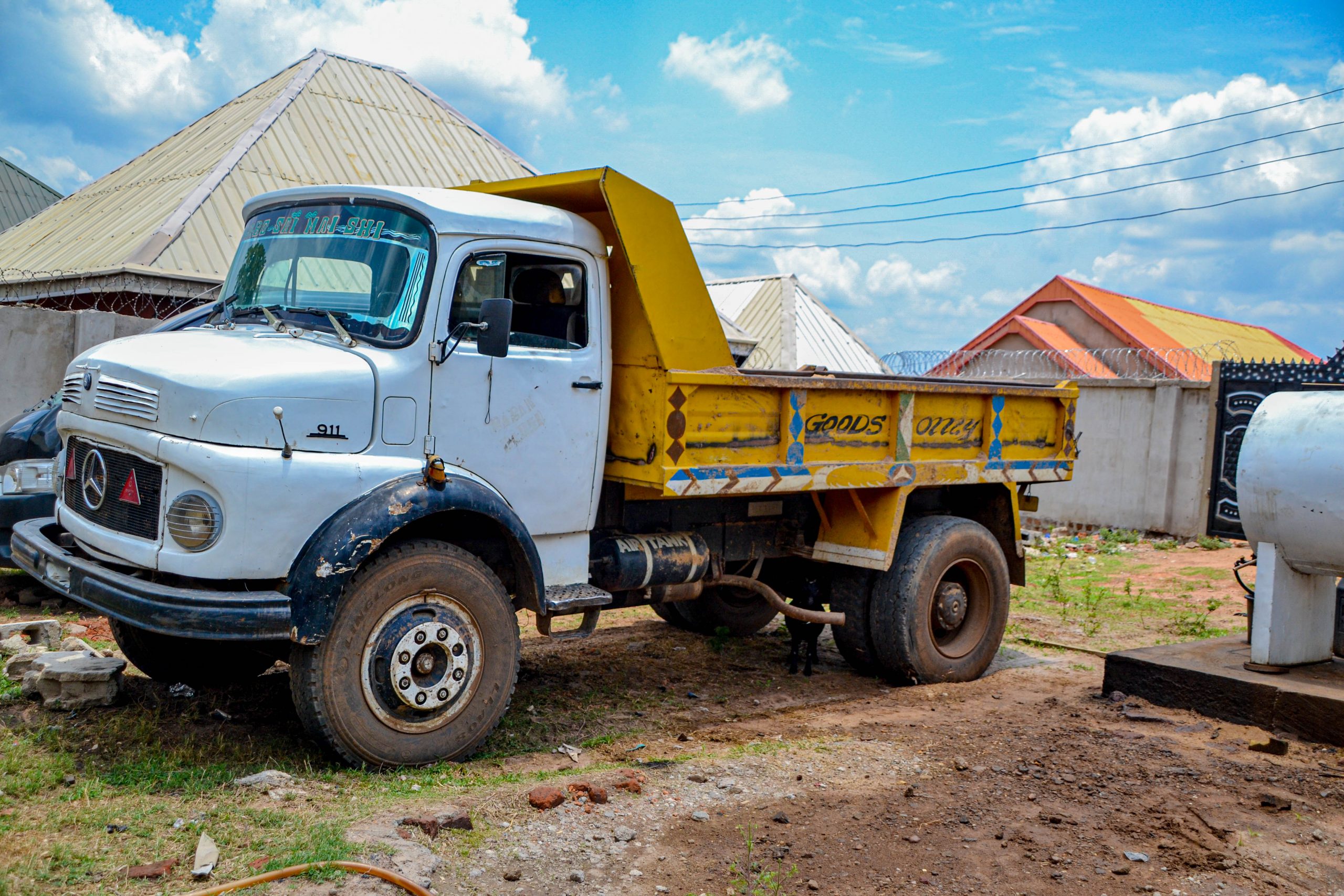



Community Infrastructure
Basic infrastructure in Nigeria is severely underdeveloped: transportation, clean water & sanitation, and stable power keep Nigeria from reaching its potential economic growth and are responsible for thwarting many citizens’ quality of life. The population of Nigeria continues to increase rapidly, and unless its infrastructure drastically improves, its population will continue to suffer socially and economically.
84% of Nigeria’s roads are unpaved, making them incredibly difficult to navigate, especially with the many deep potholes caused by the intense rainy season. Water erosion breaks down the roads that are paved and, in some cases, makes the road impassable. Due to these poor road conditions, accidents and deaths are frequent as people are forced to dodge dangerous potholes or risk traveling roads that are eroding. Inefficient roads create difficulty for travel and can cause what would be a 30-minute drive into a two-hour venture. Quality roads make transportation safe for travel. It also creates quick, safe, and efficient transportation for goods and services, access to schools and places of work, and accessibility to healthcare, all of which will drastically improve Nigeria’s economy and overall quality of life.
Safe drinking water is water free of contamination, especially fecal matter. Safe drinking water can be provided in many ways, such as boreholes, wells, freshwater sources, or water that has been filtered and processed. Proper infrastructure for sanitation (restroom facilities with a flushing toilet, sewer system, and ventilation) is even more challenging to come by than freshwater. In most places, people will ease themselves outside in pits, on the side of the road, or in streams, lakes, and rivers. With no proper infrastructure to dispose of the waste and no proper sanitation for hand washing, diseases such as typhoid, cholera, and diarrhea are prevalent. These diseases cause adults to miss work and children to miss school, require medical treatment, and in worse case scenarios, lead to death.
HOW WE HELP
1. Improved Roads
Ignition633 has worked in communities to improve road conditions where most needed. With the use of a recently purchased dump truck, we can haul in dirt and other materials at a significantly cheaper rate, thus enabling all donated funds to go further in fixing and developing greatly needed roads.
2. Boreholes
With prayers and support from our donors, Ignition633 Ministries has been able to drill boreholes that produce fresh water in communities like these to increase the availability to clean water significantly. One borehole can serve a community of 500-1000 people with enough fresh water to fulfill any need a family would have each day while also saving them the difficult task of hauling in water from such a long distance.
3. Electricity
Most rural communities in Nigeria do not have electricity, and even the ones that have power only have 1 phase (standard is 3 phases) of power lines run through the community. Power is essential to the development of a nation, market, or business and the comfort or improvement of the standard of living within a residence. With our donors' prayers and financial support, Ignition633 has sponsored the improvements of Electrical Infrastructure throughout communities most in need.
4. Security
With poverty prevalent within these rural communities, crime is also a rising issue, which is why Ignition633 helps organize and equip nightly community watch patrols. Upstanding community members and off-duty members of the Nigerian Police Force join together to patrol their neighborhoods throughout the night to keep criminals out. Ignition633 equips these patrols with Short-Range Radios for improved communications, high-powered flashlights, and raincoats and boots for the rainy season. These community watch patrols have been highly effective in reducing the crime rate within communities and improving the general morale of the community members, and generating hope for an improved future.